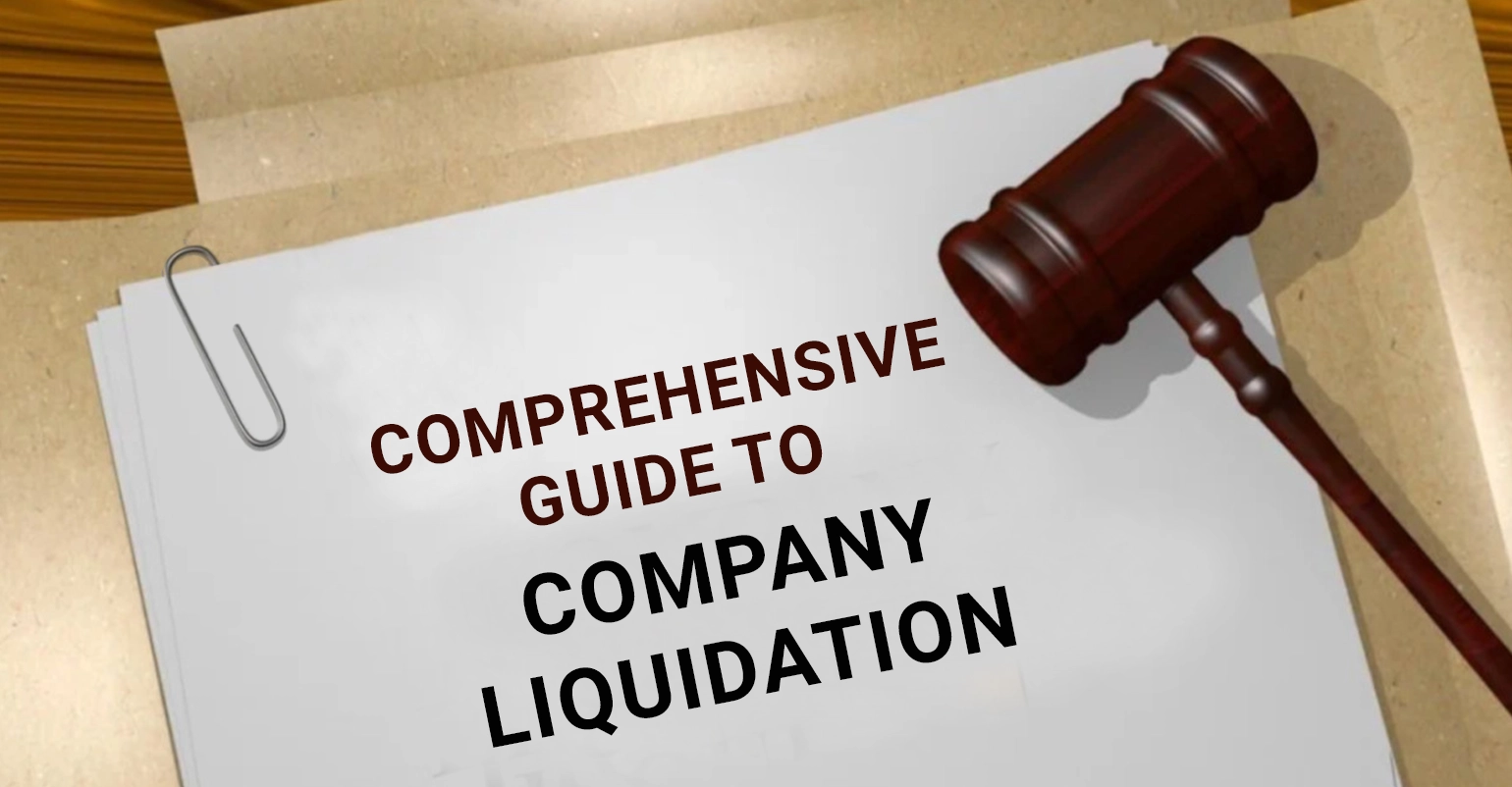In the dynamic business landscape of Oman, circumstances may arise that necessitate the liquidation of a company. Whether due to financial challenges, strategic shifts, or other reasons, understanding the meticulous process involved is crucial for stakeholders. In this comprehensive guide from Excellence Auditors - leading company liquidation service providers in Muscat, we delve into the intricacies of company liquidation in Oman, offering valuable insights for a smooth and legally compliant transition.
Major Steps in Process of Company Liquidation
1. Prelude to Liquidation: Board Resolution and Shareholder Approval
The journey begins with a pivotal step — the board of directors passing a resolution recommending company liquidation. This resolution, a critical document, subsequently requires approval from the shareholders.2. Appointing the Liquidator: A Key Decision
Selecting a capable liquidator is paramount. This individual or entity will play a pivotal role in overseeing the entire liquidation process. Approval from the Ministry of Commerce and Industry (MOCI) is essential, and the appointment must be communicated through publication in the Official Gazette.3. Public Announcement and Creditor Notification
Transparency is a cornerstone of the liquidation process. The appointment of the liquidator is publicly announced, notifying creditors to submit their claims within a specified timeframe. This step aids in managing the financial obligations systematically.4. Asset and Liability Inventory: Scrutinising the Financial Landscape
The liquidator meticulously examines the company's financial portfolio, taking stock of assets and liabilities. This involves valuation, debt settlement, and a comprehensive financial audit to determine the overall health of the company.5. Settling Debts: Fulfilling Financial Obligations
A crucial phase involves settling outstanding debts. Payments to creditors, employees, and other stakeholders are prioritised, ensuring a fair and transparent distribution of assets.6. Tax Clearance: Resolving Fiscal Responsibilities
Obtaining tax clearance certificates is imperative. Resolving all tax liabilities is crucial before proceeding further in the liquidation process.7. Cancelling Commercial Registration: Navigating Regulatory Protocols
Application for the cancellation of the company's commercial registration is a pivotal step. The liquidator submits a comprehensive report to the MOCI, detailing the entire liquidation process.8. Regulatory Clearances: Industry-Specific Considerations
Depending on the nature of the business, additional clearances from regulatory authorities might be necessary. This step ensures that the liquidation adheres to industry-specific protocols.9. Final Audit and MOCI Approval: Culmination of the Process
The liquidator prepares a final audit report encompassing all aspects of the liquidation process. Submission to the MOCI for approval is the final step before the completion of the liquidation is officially recognized.10. Publicising Completion: Official Gazette Announcement
Once the MOCI approves the liquidation, the completion is formally announced in the Official Gazette, providing a legal record of the company's closure.11. Asset Distribution and Closure: Fulfilling Stakeholder Entitlements
The remaining assets are distributed among shareholders in accordance with their respective entitlements, marking the final chapter of the company's existence.FAQ related to Liquidation Process
When to consider company liquidation?
Deciding to initiate the process of company liquidation is a significant step that should be carefully considered. In Oman, as in many jurisdictions, there are various scenarios where a business might contemplate or be compelled to undergo liquidation like financial insolvency, expiration of business purpose, shareholder decision, failure of business operations, legal or regulatory requirements, voluntary decision, creditor’s demands, shareholder disputes, etc. Before deciding on company liquidation in Oman, it's essential to seek professional advice from legal, financial, and business experts. Engaging with a qualified business advisor can help assess the company's financial health, explore alternative solutions, and ensure compliance with Omani laws and regulations governing the liquidation process. On that note, Excellence auditing can be the right choice of person who you can reach out for. Now, you may be wondering why to engage a liquidation service provider. Well, scroll down to know why.Benefits of using a company liquidation service provider?
Engaging a professional company liquidation service provider in Oman can offer several benefits, particularly in navigating the complex legal and administrative processes associated with winding up a business. Some benefits of hiring a liquidation service provider includes;- ● Expertise in Legal Requirements
- ● Efficient Process Execution
- ● Documentation Management
- ● Creditor Communication
- ● Financial Expertise
- ● Minimising Legal Risks
- ● Regulatory Compliance
- ● Employee Settlement
- ● Tax Clearance and Compliance
- ● Professional Network
- ● Peace of Mind for Stakeholders

